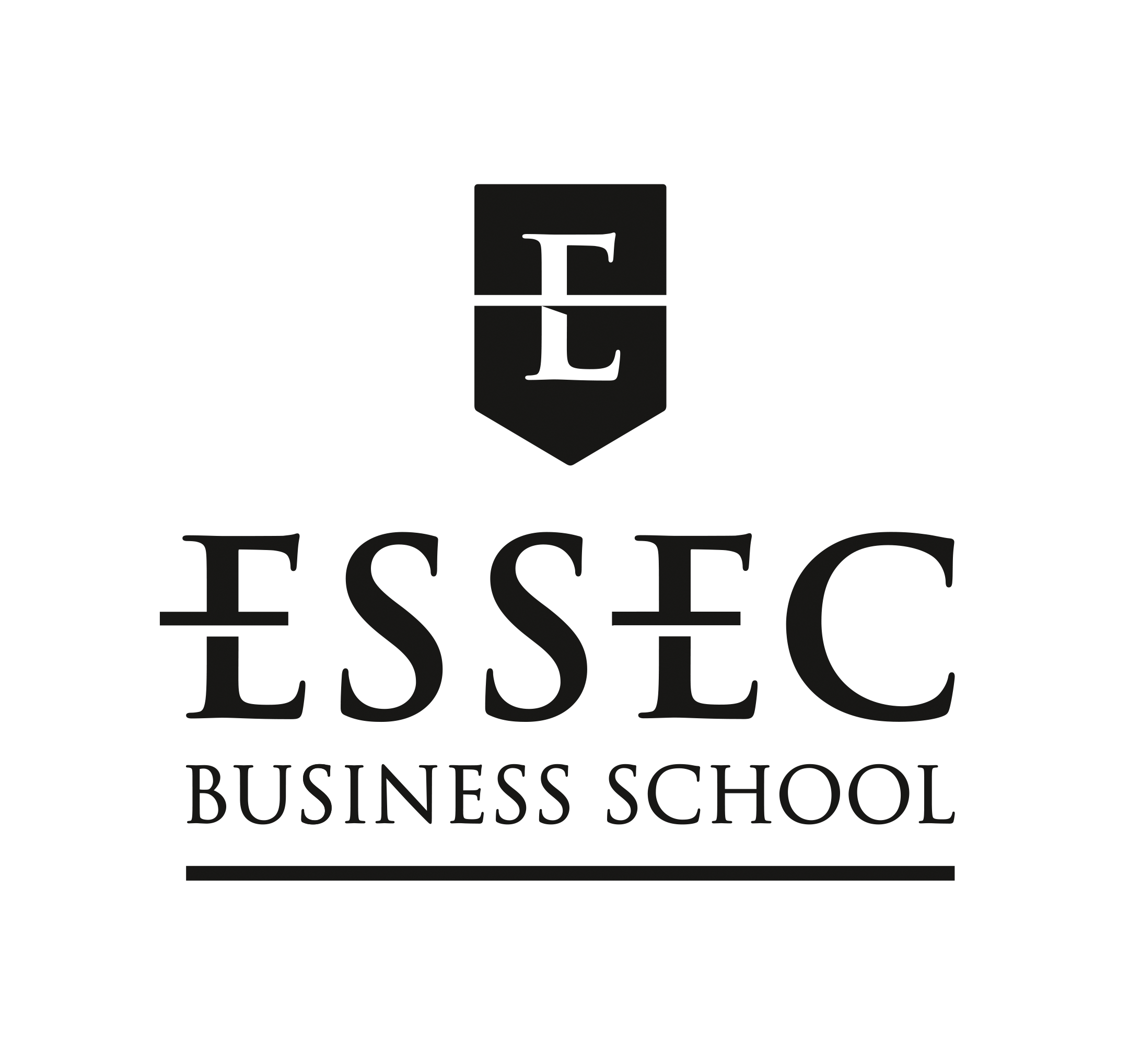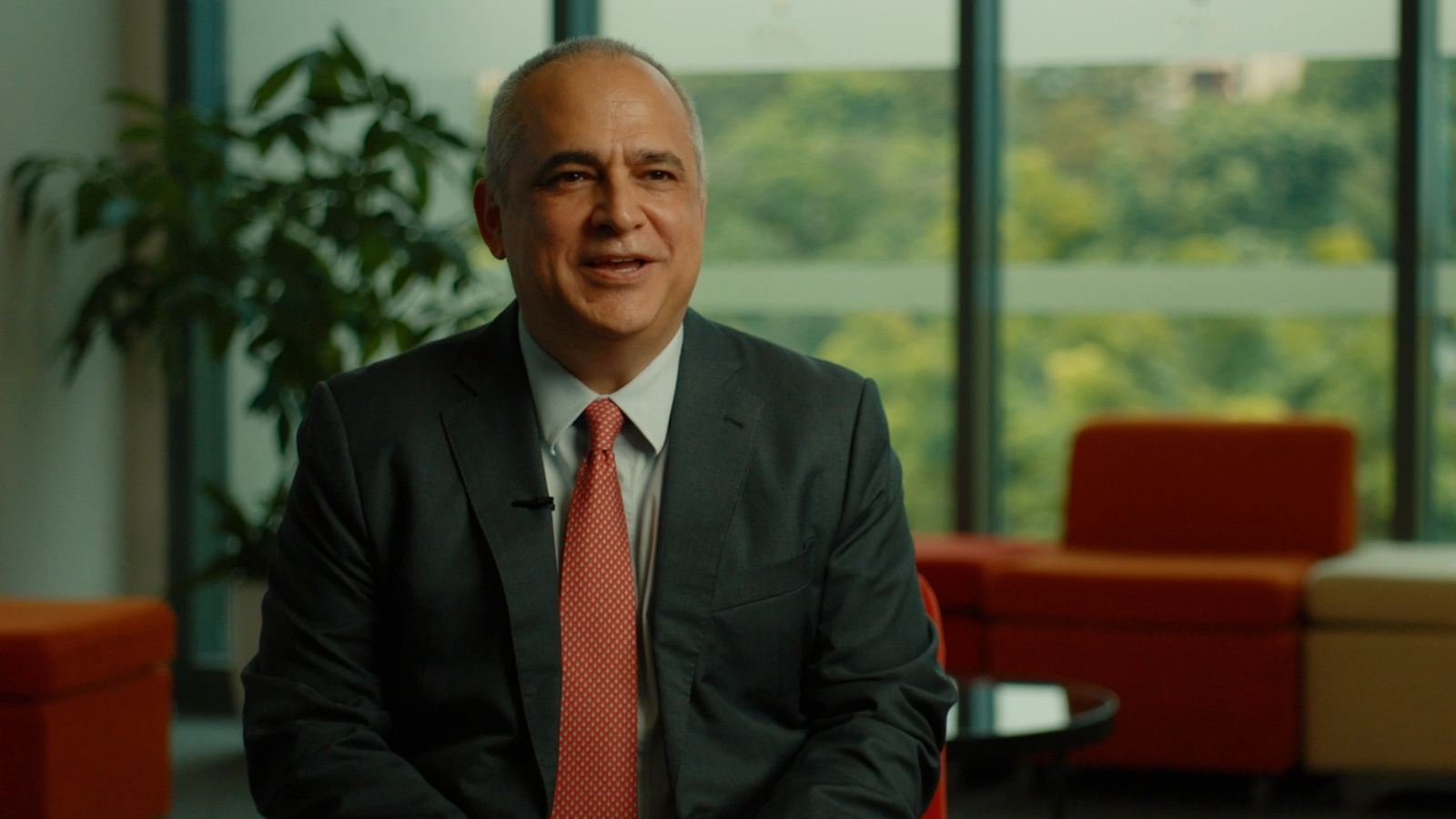- Despite graduating from top schools, students from China see value in a master’s degree.
- Singapore is an ideal choice for its position as a business hub and reputation for safety.
- ESSEC’s career-focused offerings provide abundant opportunities to develop professionally.
For fresh graduates, Xinyu Chen and Lingzi Wang have remarkable resumes: Xinyu has a bachelor’s degree from Sichuan University, where she majored in French languages and culture and did a minor in financial management.
During this time, she interned at various companies like Bain & Company and LVMH, just to name a few, even starting her own company to help other students navigate their educational pathways.
Lingzi, on the other hand, is armed with a bachelor’s degree in Economics from the University of Sydney. She, too, has multiple internships under her belt in areas like consulting and business analysis.
Despite these qualifications, both felt they needed to further their education to gain a professional edge.
“I believe that in China, you still need a master’s degree to get a good job,” Lingzi explains. For her and Xinyu, a management qualification like the ESSEC Master in Strategy & Management of International Business (SMIB) program at the Asia-Pacific campus was considered an ideal step forward.
Singapore Campus Stands Out
For Lingzi, the opportunity to study at the ESSEC Asia-Pacific campus in Singapore was a boon.
As someone keen on the e-commerce sector, she felt that Singapore’s location, also home to various e-commerce firms like Shopee, Lazada, Carousell, and more, would be an ideal place for her to start a career.
For Xinyu, the diversity of the Asia-Pacific student body was appealing.
“Students come from diverse backgrounds and sectors and can provide a wealth of knowledge about their industries,” she shares, adding: “I also felt that as a Chinese, being in Singapore would be a good place to stay close to my cultural identity, while still letting me experience different Asian and western cultures.”
Embracing the Unique ESSEC Experience
She explains that what was more critical in her decision-making was ESSEC’s unique learning pedagogy.
“I strongly believe in the philosophy of developing socially responsible leaders and appreciate how the school emphasizes the development of both hard and soft skills with its career-oriented, learning-by-doing approach,” she says.
To her, this approach is epitomized in programs like the Asian Strategy Challenge (ASC), a consulting project exclusive to SMIB students at the Singapore campus.
Over seven months, students will work closely with an industry partner to solve a real-world business problem, getting a taste of the working world as they hone teamwork, collaboration, client management, and more skills.
As business problems align with industry trends, a recent focus has been on sustainability, giving students the advantage of learning more about how business can be conducted responsibly and finding a balance between profit, planet, and people.
A Holistic Approach to Career Development
Besides this, Xinyu also shares that she has found professional development to continue outside the classroom, thanks to ESSEC’s Career Services team.
“They’re extremely active and have hosted informative industry sessions. This, coupled with the strong alumni network, have allowed me to leverage the school’s resources to move towards my career goals,” she elaborates.
Lingzi concurs. “Our career services advisor, Theresa Chew, has given me so much advice on my CV and arranged incredible career workshops to help us in our job search,” she says, adding that within her first term, she has already attended guest talks with professionals from firms like Bain & Company, Boston Group Consulting (BCG), and Grab, which have given her insights to different industries and roles.
She even joined the ESSEC Consulting Club to hone her professional skills further.
This student-led organization allows her to network with existing consultants and practice for rigorous case consulting interviews— if she chooses to explore a career in the area.
Reflecting on her experience with the SMIB program thus far, Lingzi notes that these career development opportunities make ESSEC stand out from her previous schools.
Graduation may be some time away, but with such training, she and her peers can be confident that they will be able to make their mark, no matter their future industries of choice.
RELATED POSTS
Balancing Academics and Extracurriculars at ESSEC
Learn how ESSEC Asia-Pacific students successfully juggle demanding academics with a thriving student life and personal growth.
Study Your Way: 5 Perfect Spots Near ESSEC APAC for Every Study Mood
Discover five student-approved study spots near the ESSEC Asia-Pacific campus, perfectly suited to match your study style and mood.
From Classmates to Community: Building Your Global Network at ESSEC
Learn how ESSEC Asia-Pacific builds a global, lifelong support system in Singapore.
Making Connections: Networking Opportunities at ESSEC Asia-Pacific
From casual conversations to curated events: Discover the ESSEC Asia-Pacific networking advantage in Singapore.
Beyond the Books: Fun, Food, and Friendships in ESSEC Asia-Pacific
Discovering Singapore, Connecting Globally: Student Life, Community, and Culture Beyond the Classroom at ESSEC Asia-Pacific.
Building an International Career with ESSEC: The Master in Finance That Opens Global Opportunities
Rick Marchese, former Wall Street investment banker and ESSEC Professor, highlights that in today’s volatile economy, credentials from top…








